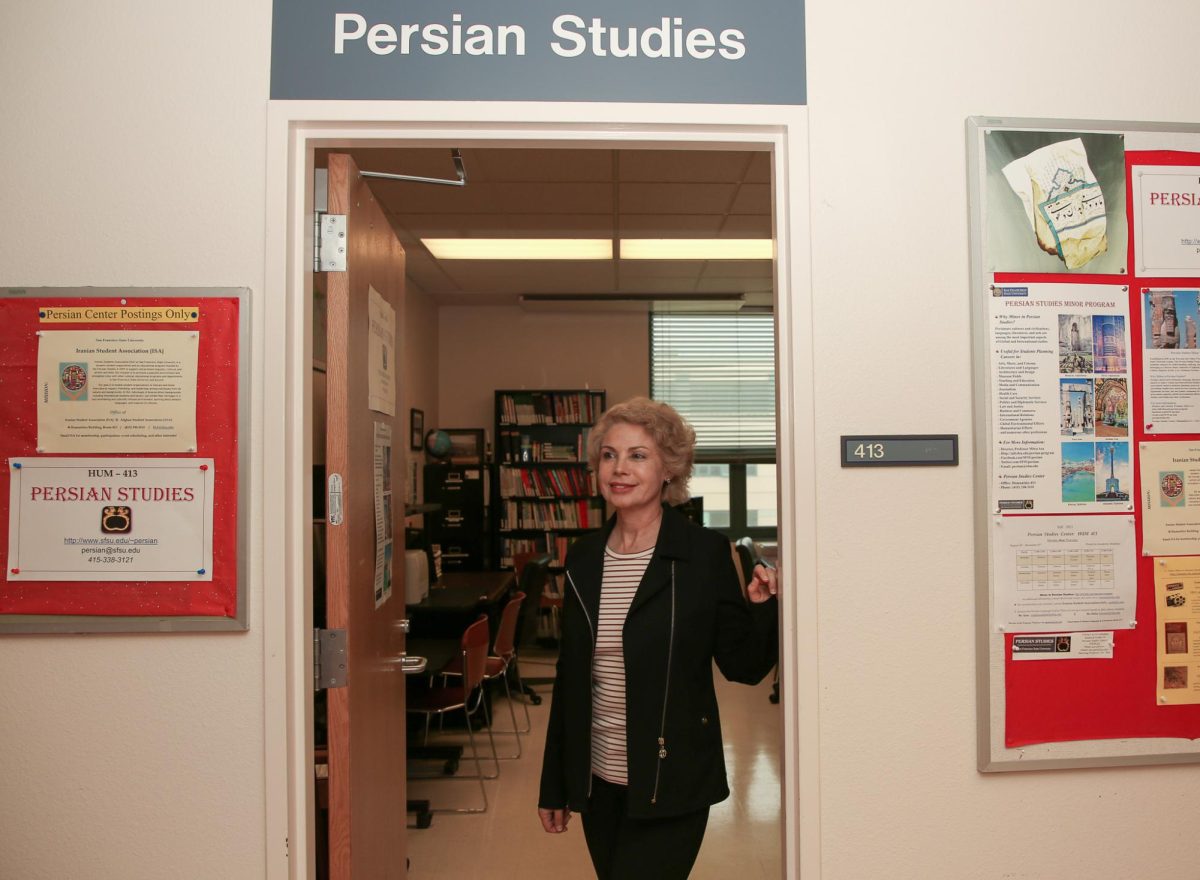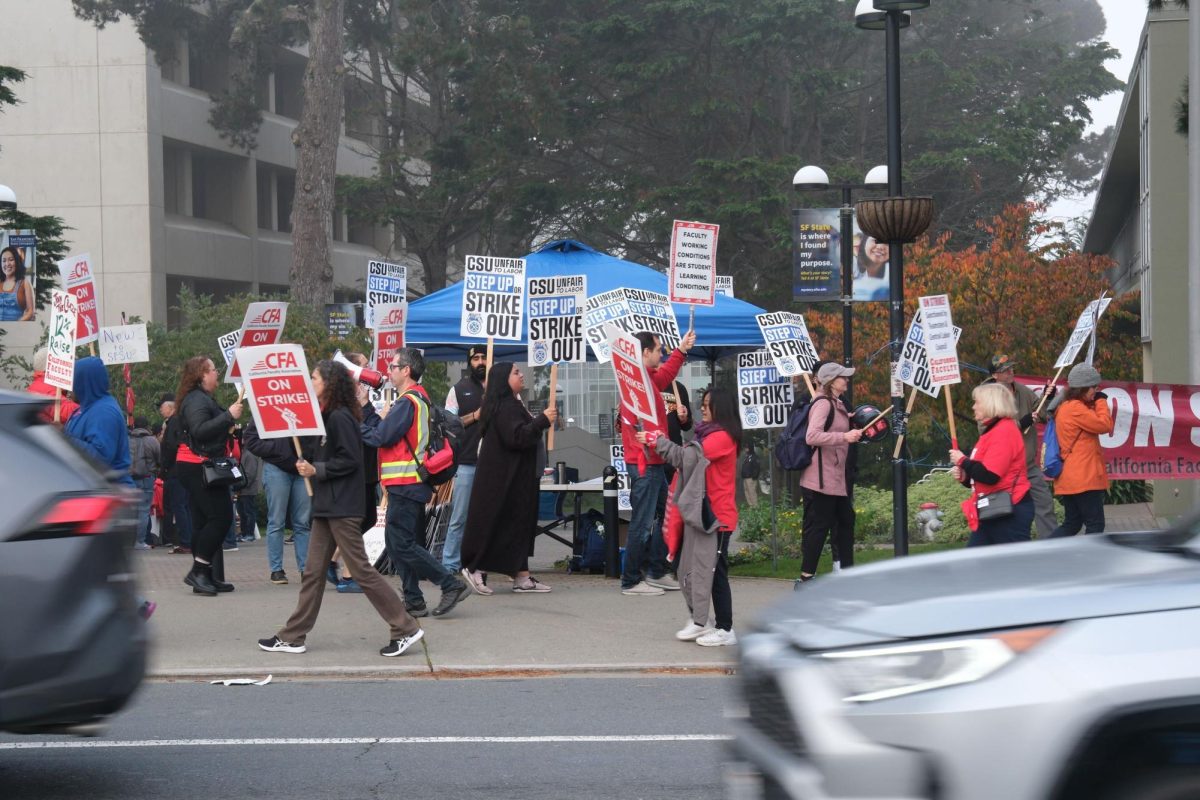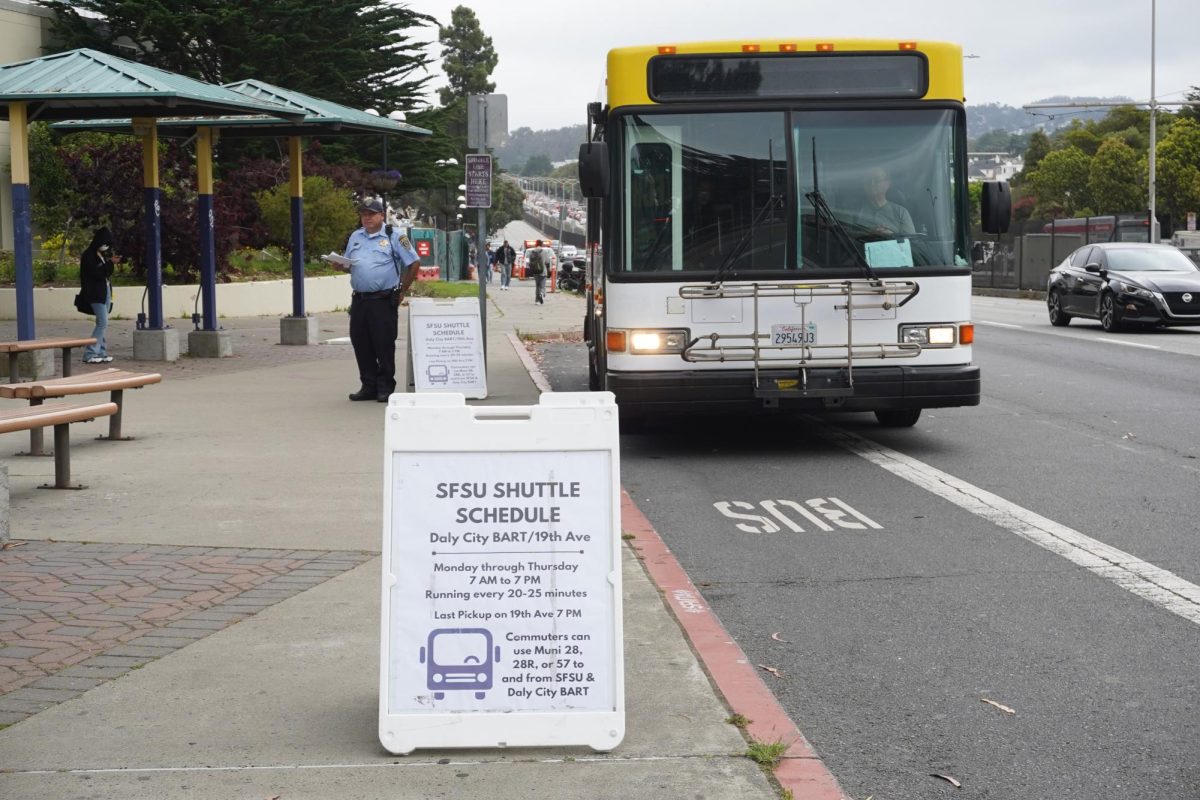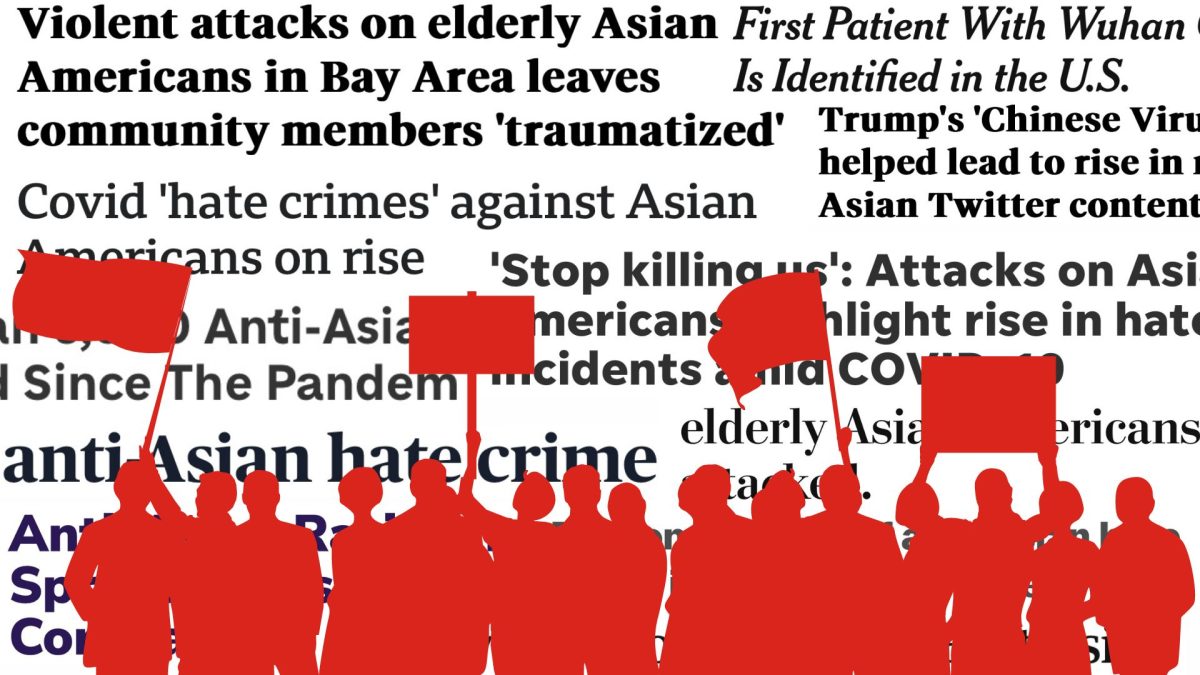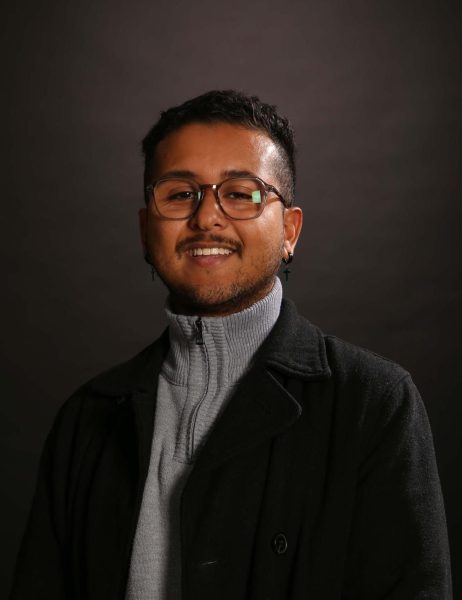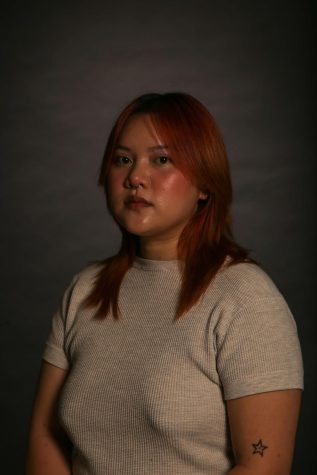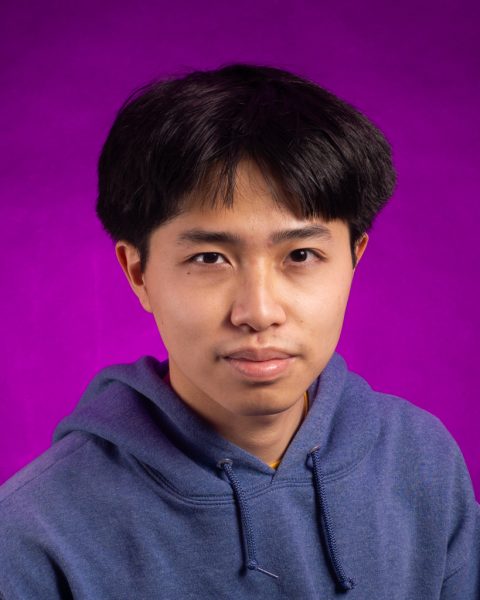Up on the fourth floor of the Humanities building, right out of the north stairwell, resides a comfy space for students in the Persian Studies Program or a mojo dojo casa house, if you will. This room is more the size of a single office and not quite large enough for a social space — desks line both side walls with computers for students to work on, snacks and tea are available on the right side of the door as soon as one walks in.
Students from all backgrounds were present. Some were seeking to get in touch with their cultural roots, others were looking for a safe place to express who they are and discover themselves as they grow during pivotal periods in their lives.
This is all possible because of the efforts of professor Mitra Ara, cultural historian and the founder and director of the Persian Studies Minor program at San Francisco State University since 2007.
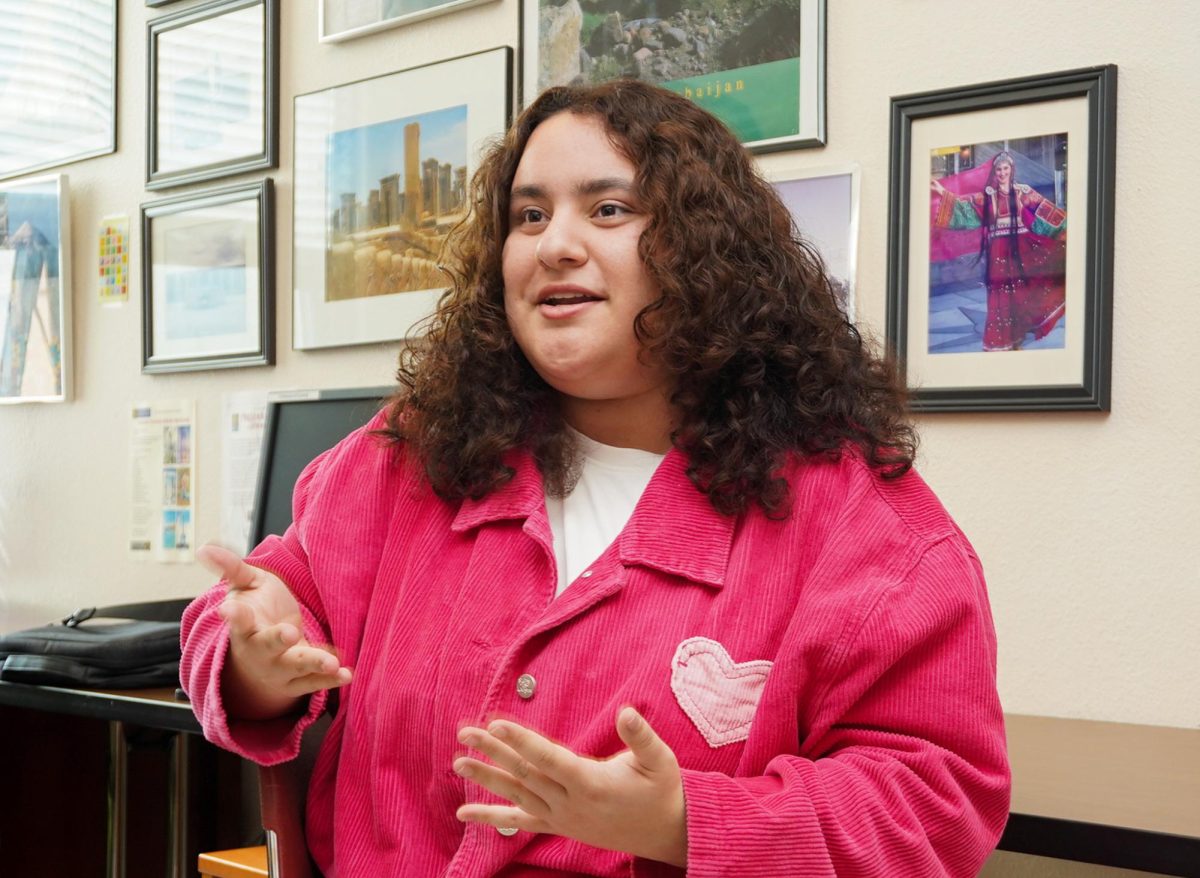
Creating a space for students to feel welcomed and safe to express their feelings was something that Professor Ara knew she wanted to provide for her students. The Persian Center often puts on cultural events for the SFSU community such as the international movie time events they typically hold a few times a semester.
“We have a population of second-generation, third-generation, fourth-generation Afghans and Iranians who only learn about their culture and their history through family, which is often incorrect. Often romanticized beyond imagination,” Ara said.
The Persian Center is and has always been faculty-funded and student-operated. The maintenance and staffing have all been completely volunteer-based since the Center’s inception back in 2007.
A first-year political science major, Damien Rashidi is occupying 90% of the slots, ensuring his contribution to the community center.
“I know Damien is too humble to say it, but if you look at that pink sheet on the wall over there where people sign up to volunteer to stay here and keep the room open, Damien’s name is on like everything,” said Sultaan Ahmad, a history major at SFSU.
Rashidi is currently minoring in cinema but is now considering picking up another, the Persian studies minor. For Rashidi, it was just how much he had learned by just being in the Center for three months after hearing about it in his Iranian Cinema class.
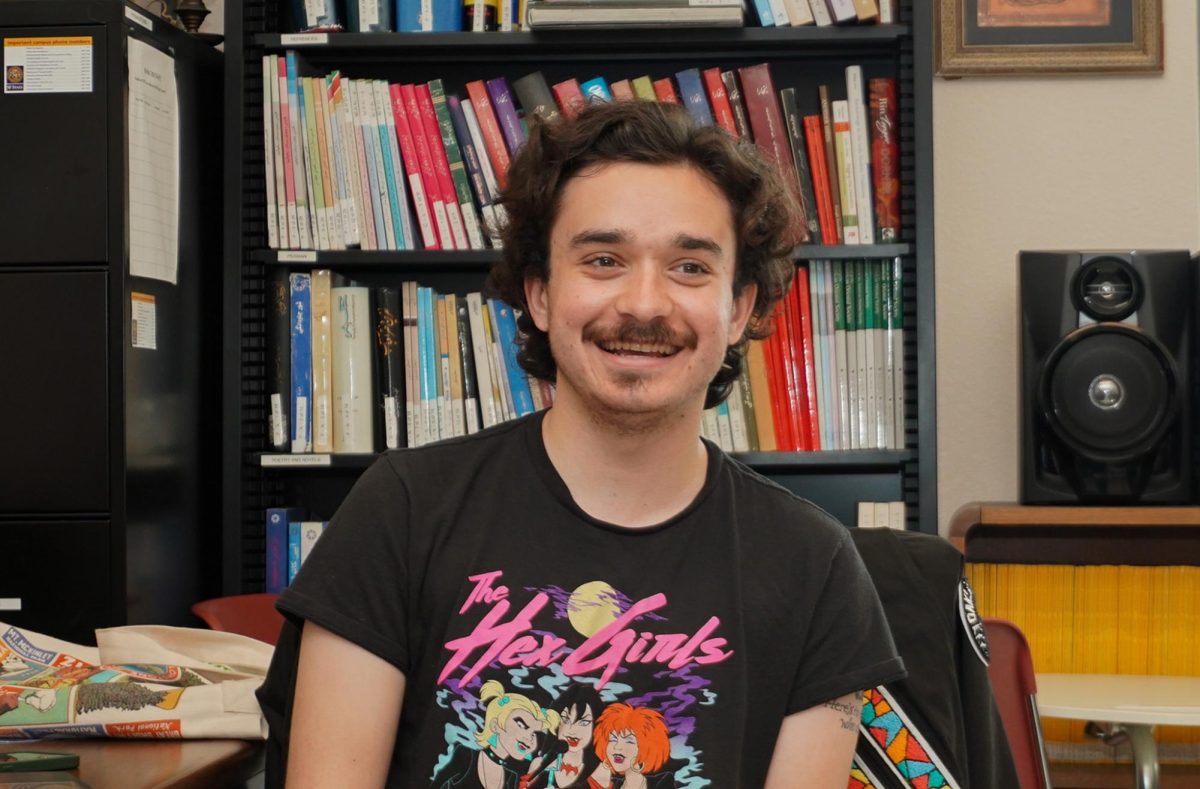
“Through here and then just over the last few months, I started to be here more often, meeting so many other Iranian students. It’s like I now know more like Iranians than I ever have in my entire life besides my family,” Rashidi said.
An important aspect of international movie time is the commentary after each film, where Ara goes into all the small details that would be missed without the proper context. The goal of these events is to boost media literacy.
“I always participate because [of] complex societies such as Iran and Afghanistan or India and China, for instance. Any issue related to these countries have to be looked at, studied, reviewed in context,” Ara said.
Before being brought on at SFSU, Ara had taught at UC Berkeley and Cal State East Bay when it was still known as Cal State Hayward. She was originally brought to SFSU through the philosophy department to teach West and South Asian philosophy, such as Buddhism, Hinduism and Zoroastrianism.
Immediately after her initial interview, she was sent to the dean, Paul Sherwin, so that he could suggest starting the Persian Studies Program.
“There were demands from the U.S. Department of Education to expand studies related to West Asia,” Ara said.
Being the first and only Persian Studies Minor program in the nation, Ara has honed the program in a way to help students succeed and gain knowledge of a multidisciplinary study on both ancient and contemporary Iran.
“Historically, the greater Iran, most people don’t know the difference,” Ara said. “They think Persian and Iran are interchangeably used.”
The program technically falls under the Department of Modern Languages and Literatures but delivers a much deeper understanding of different ethnicities, cultures, religions, languages and traditions. It offers a full spectrum experience through courses in Iranian Cinema, Media, Literature, Language, Religion, History and Culture.
“How energetically she [Ara] has pursued the instruction of Persian studies, how she has really attempted to show it in its multivalent nature, which means it’s not reducible to what is happening in Iran right now,” said Kitty Millet, a longtime friend and colleague of Ara and the current chair for the Department of Jewish Studies.
Millet recognizes the depth and care that has been put in by Ara.
“It[the Minor Program] encompasses a whole trajectory of historical analysis and historical footprints,” Millet said. “Not to displace the importance of the diaspora or anything else, but what makes Persian studies here unique is that it’s uniting the scholarly work on Persia as a civilization from antiquity to modernity.”
Throughout her life, Ara has always known herself to be an artist. She has an affinity for painting and it was one way she saw that she might be able to support herself coming into a new country.
She credits an advisor from her years in high school as being influential and very kind to her.
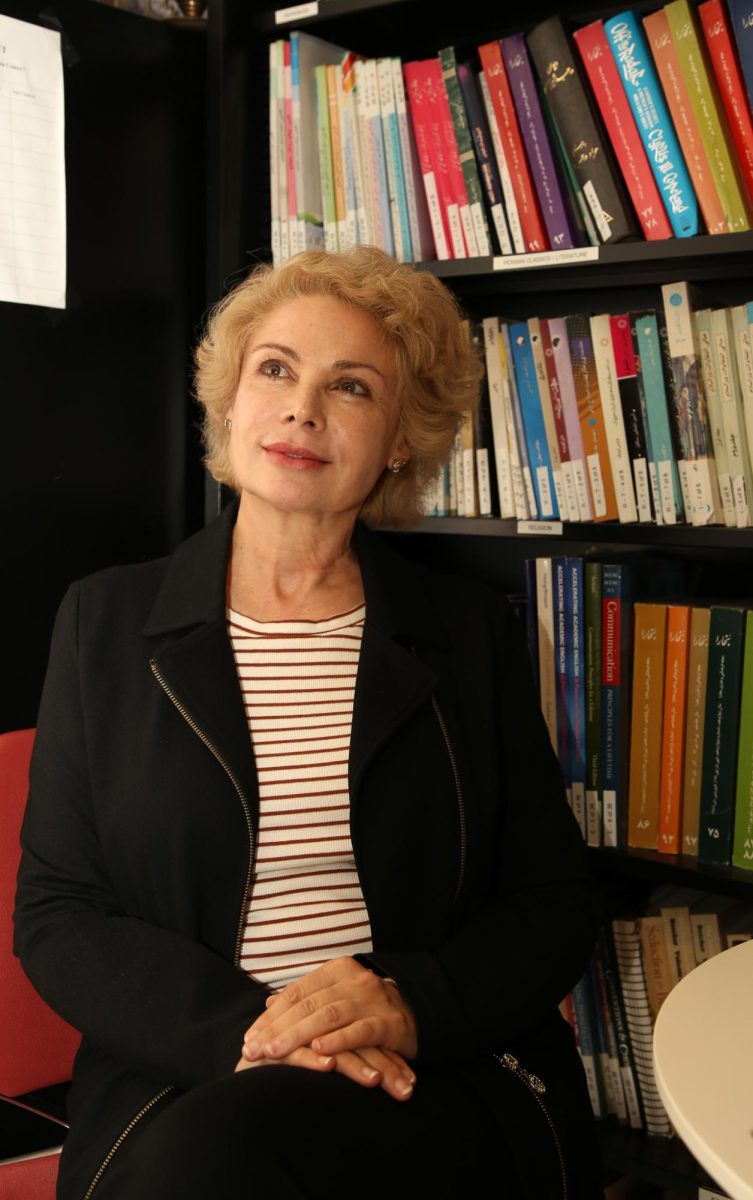
Ara fondly recalls, “It was a woman advising a young girl, a new immigrant and she told me, ‘You will not survive on your own being an artist…you’re gonna starve.’ and that’s how it was.”
She recalls her ways of expressing herself and how it was visually presented in her paintings changed over the years as she grew into a different person.
“It became more of a softer and more flowing art, [rather] than ridgid with lines and forms and all that,” Ara said.
Picking up photography in academia, Ara would take what she learned and evolve it to her tastes. Considering herself an abstract photographer, she mostly photographs flowers and bugs within them. After trying to continue to be an artist on the side, she would go on to college to study finance and business, thinking it would be the most fruitful career to pursue.
Discovering that the job was not suitable for her, she returned to school to pursue studies in philosophy, comparative religions, and world religions. She later obtained her graduate degree from UC Berkeley.
After finishing the graduate program at Berkeley, she would go on to teach there. While teaching, she encouraged her students to engage in community service, providing extra credit as an incentive.
Ara’s particular focus on women and children and their diverse global living conditions was of special significance.
“I worked in India with Mother Teresa for a while,” Ara said.“In my early twenties, you know, I didn’t plan it. I just ended up there. I usually don’t plan anything, projects fell on my lap and I did them.”
Despite initially having no desire to create a Persian studies minor here, Ara is not the type of person to turn down this opportunity.
“So I couldn’t say no to our dean back then,” Ara said. “He said, ‘You’re here, your resume is perfect for this job.’ I said, ‘Well, just because my resume is perfect doesn’t mean I should do it,’ and I did it despite the objection of all my advisors and mentors.”
Despite being the founding director of the Persian Studies Minor program, she still teaches a full load, so she spends most of her days on campus. She even comes to campus for her Zoom classes so that she can be readily available for her students and take care of administrative duties.
“I teach students in the media course because, you know, someone who’s born and raised here and educated in the United States,” Ara said. “They don’t necessarily fathom the way you dissect or study media about certain parts of the world, it’s not as the same as what you hear about Europe.”
Ara feels strongly that something is lost in teaching over Zoom and that there is an importance to having human interaction. This is where the Center comes in, bringing students to campus and giving them a space to have such interactions.
For Sanaz Homayounieh, a fourth-year cinema major, the Center serves as her home away from home, enabling her to connect with others who share her background. It not only facilitates the study of her heritage but also fosters self-discovery.
“Being able to find community is like you’re literally invaluable,” Homayounieh said. “You can’t place a value on how important it is to find community, and I think that’s especially important.”



